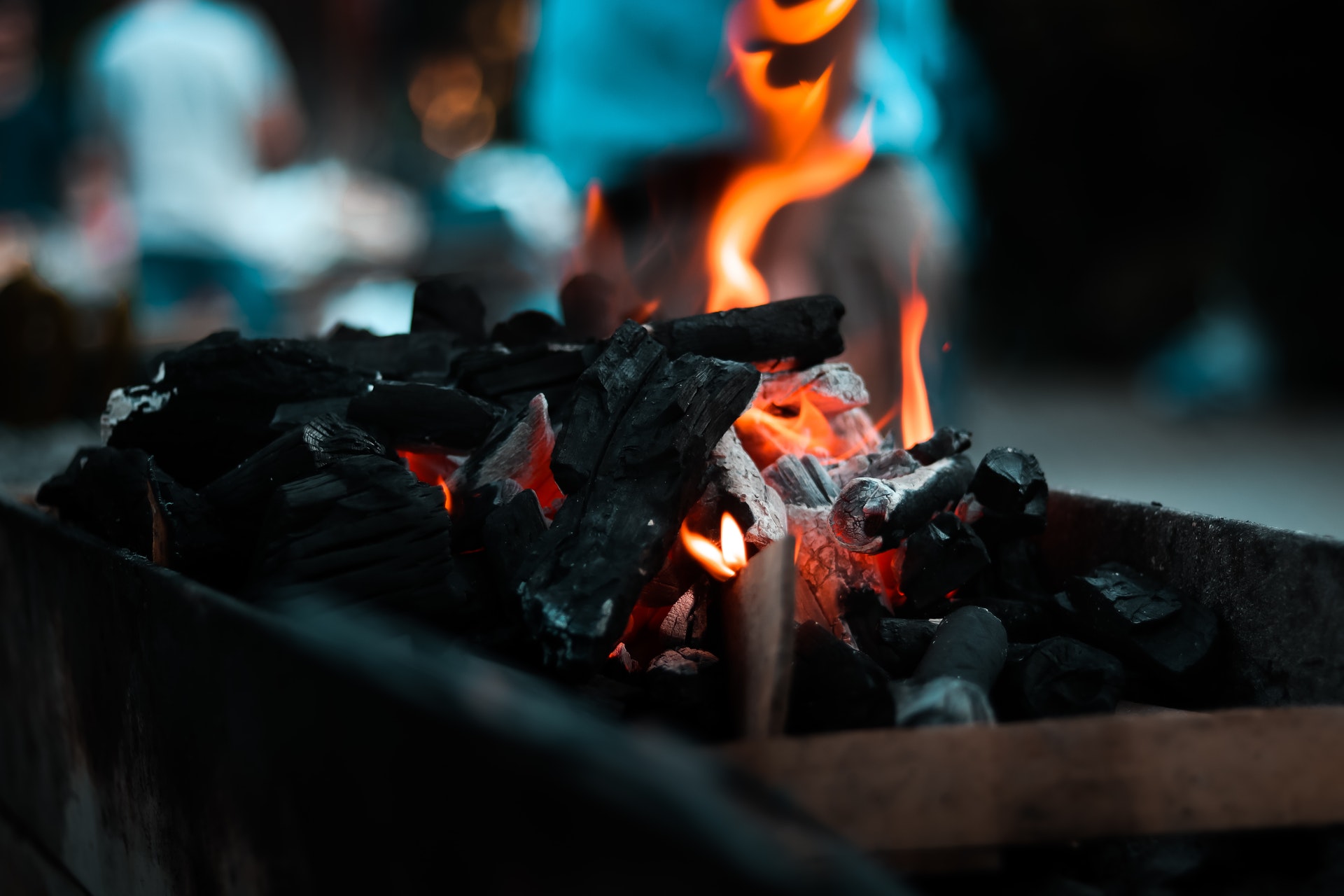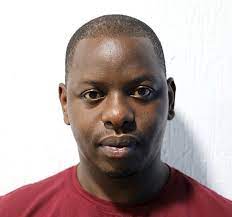

A total investment of $1.37 billion is needed by 2030 to achieve the government’s target of reducing charcoal use from 83 percent to 42 percent of population to reduce pressure on Rwanda’s forests, an official at the ministry of environment has said.
The needed investment was revealed, on Friday November 19, during a meeting between Ministry of environment officials and UAE ambassador to Rwanda to elaborate on both countries' investment priorities in Environment.
Beatrice Cyiza, the Director General for Environment and Climate Change at the Ministry of Environment said the investment could reduce pressure on Rwanda’s forests.
The current status of Rwanda’s forest cover is 724,695 ha (30.4 percent) of Rwanda’s total land area.
However, officials said that if clean cooking is not adopted, the gains could be eroded.
According to the ministry, at least 380 hectares of forest are felled every week for charcoal production and firewood.
At least 61,000 sacks of charcoal are supplied to Kigali every week making 72 per cent of charcoal consumers countrywide.
Cyiza said that in order to ensure sustainable management of forests, 38.45 of public forests have already been allocated to private operators.
"Among the key priorities include scaling up the mobilization of financing for sustainable initiatives including biomass replacement to reduce pressure on forests,” she said.
The main focus, she said, will be to increase the number of green charcoal producers, distribution of Improved Cook stoves as well as continuous awareness to adopt clean cooking energy sources.
She said that maintaining the forest cover to 30.4 percent will be done through planting new forests (woodlots), bamboo and rehabilitation of degraded forests adding that tree species will be increasingly oriented towards commercially viable ones to support development of the wood industry and agroforestry.
"Strengthening forest management and ensuring their sustainable exploitation will be achieved through allocating 80 percent of public forests to private operators by the end of June 2024,” she said, adding that 7,000 hectares of small natural forests will be put under participatory management by the end of June 2023.
The government will also increase the area of land covered with agroforestry with 567,500 trees to 62 percent of land covered by end of June 2023).
This, she noted, will be achieved by establishing and enforcing the national standard for agroforestry and implementing optimal and high productivity agroforestry models.
Other green investment priorities
The Ministry said other investment areas include green cities, low-carbon vehicles and e-mobility as well as waste management by turning waste to energy.
Cyiza said that the transport sector, driven by increasing urbanization and population growth, is expected to increase its emission from 0.53 million tonnes of carbon dioxide in 2012 to 3.1 million in 2030 and therefore there is a need for $4.55bn investments for clean transport.
At least $5bn investments is needed over next 10 years to ensure sustainable cities as $3bn investments are needed to promote climate smart agriculture including the increase of irrigation to 11 percent by 2024.
She said $504 million investments are needed by 2030 in waste management as $440 million is planned investment by 2022 in water and sanitation.
Minister for Environment, Jeanne D’arc Mujawamariya said that the needed investments could help implement the Paris Agreement based on the country's $11 billion ten-year climate plan to reduce emissions by 38 percent from 2021 to 2030.
"We can learn a lot from the UAE and they can also learn from us to protect the environment. For example, we can learn from how to treat waste water,” she said
UAE green priorities
UAE Ambassador to Rwanda, Hazza Alqahtani said that has a great experience in managing waste water through recycling and reuse.
"We have so many areas that we can cooperate with Rwanda in environmental issues. Increasing collaboration with Rwanda will benefit both countries. Using electric cars is more cost-effective in the UAE. This is one area where Rwanda could adopt,” he said.
He said that the UAE has invested over $1.5billion in renewable energy projects across 30 countries in the Pacific and Caribbean regions.
"UAE Energy strategy 2050 sets targets to increase the share of clean energy in the country’s energy mix to 50 percent by 2050,” he said.
The Ambassador said The UAE Government is investing heavily in world-class traffic and transport systems that protect the environment such as conversion of 25 percent of government fleets to compressed natural gas.


